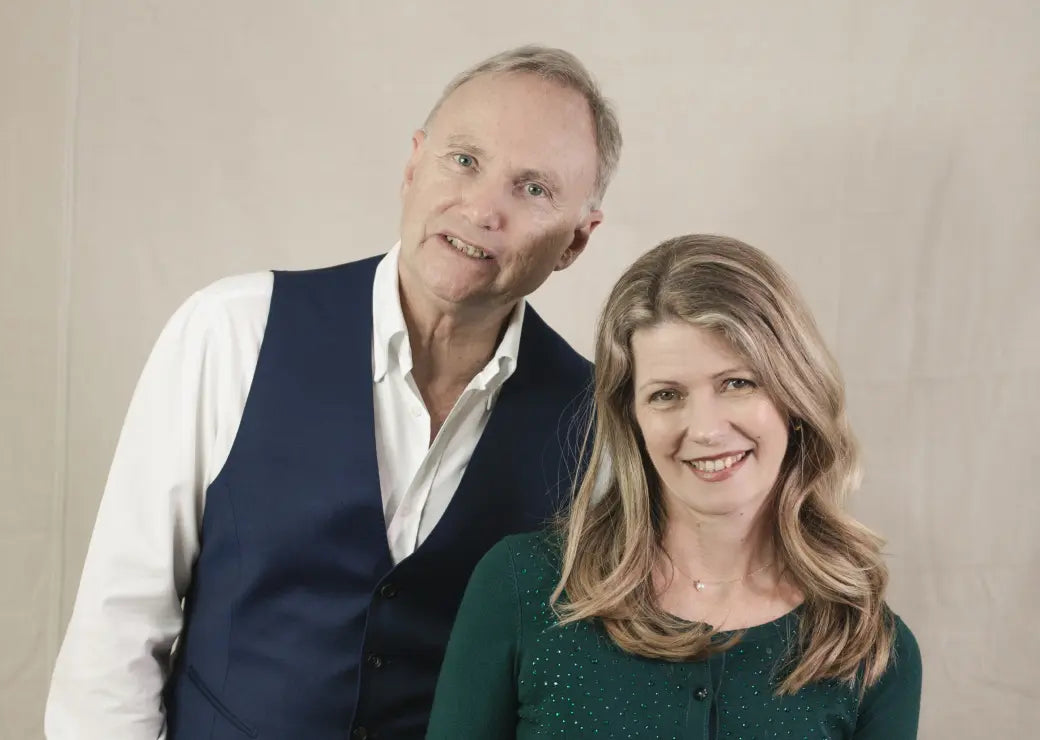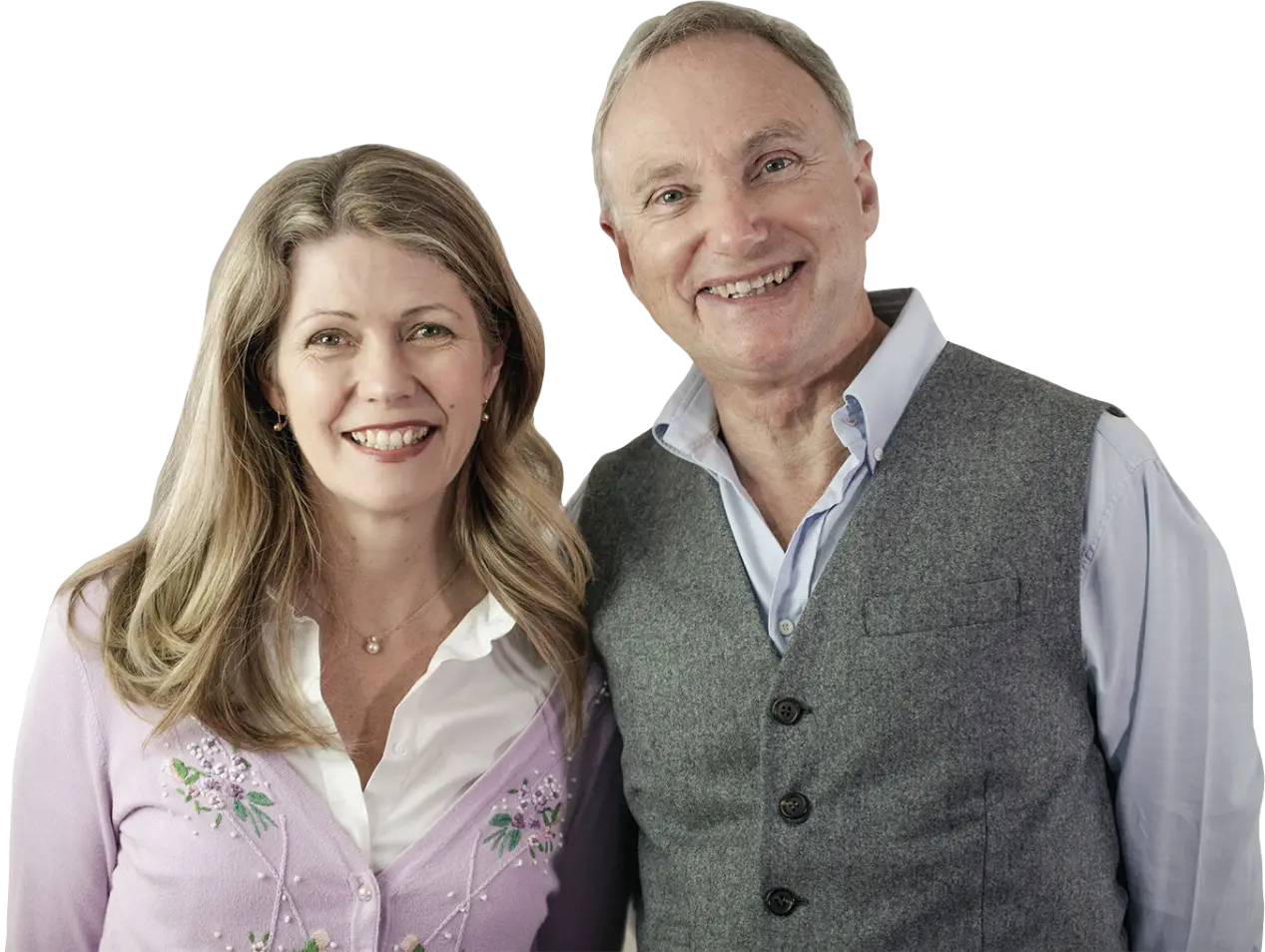Webcast: Neuro-Affirming Practice - 23rd May 2025
9:30am - 12:45pm AEST (Brisbane Time)
Live training
with Michelle and Tony
Handouts
From the webcast date
Continuing Professional Development
The neurodiversity-affirming movement started in the 1990s by autistic advocates and has already brought significant changes to how autism is understood, discussed, and researched. For example, the Psychology Board of the Australian Health Practitioners Regulation Agency (AHPRA) has created new guidelines about how to meet the professional competencies associated with being a neurodiversity-affirming psychologist which will take effect in December 2025. Recent research highlights the benefits of being neurodiversity-affirming in healthcare settings. Our course aligns with fostering an inclusive, evidence-based, and empathic approach to the care of neurodivergent children, teenagers and adults.
Tony and Michelle each have lived experience of neurodivergence, in addition to over 80 combined years of clinical practice that embraces autism as a positive identity.
Understand the foundational principles of the neurodiversity-affirming movement and its historical context, particularly its roots in autistic advocacy from the 1990s.
Identify the key elements of autism as a positive identity within the broader framework of neurodiversity, and how this perspective contrasts with traditional deficit-based models.
Examine the new AHPRA guidelines for neurodiversity-affirming psychology practices and their implications for healthcare professionals beginning in December 2025.
Explore the lived experiences of neurodivergent individuals, including the perspectives of Tony (as a father and grandfather to neurodivergent children) and Michelle (AuDHD), to enhance empathic, person-centred care.
Analyse the benefits of adopting a neuroaffirming approach in healthcare settings, including its impact on patient outcomes and practitioner satisfaction.
Critically evaluate research on neuroaffirming practices and apply these insights to clinical or medical settings.
Develop practical strategies for implementing neurodiversity-affirming practices in your professional role, whether as a medical doctor, psychologist, or allied health practitioner.
Recognize and challenge ableism and unconscious bias within healthcare systems and develop approaches to ensure more inclusive and respectful service provision for neurodivergent individuals.
Create an action plan for continuous professional development in becoming a truly neuroaffirming practitioner, incorporating lived experience, ongoing research, and new regulations.


9:30am - 12:45pm AEST (Brisbane Time)